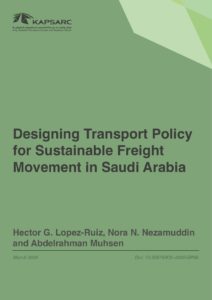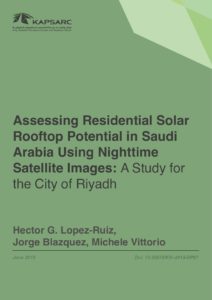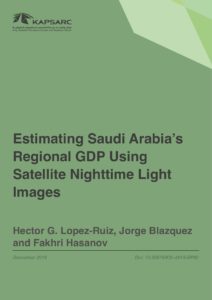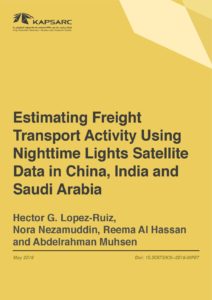Hector is a former research fellow at KAPSARC. He is a transport economist with 12 years of experience in five countries and is fluent in four languages. The focus of his work is on transport economic modeling, offering science-based solutions to aid policy making. He is experienced in building long-term sustainable transport policy scenarios and carrying out model-based policy analysis. During his career, he has modeled mobility for freight, vehicles, and analyzed policy-based carbon tax effects. He has worked for the French Energy Management Agency (ADEME); the French National Research Centre (CNRS-LAET); the European Commission’s Joint Research Centre (ECCET-JRC) and the European Institute for Energy Research (KIT & EDF).




